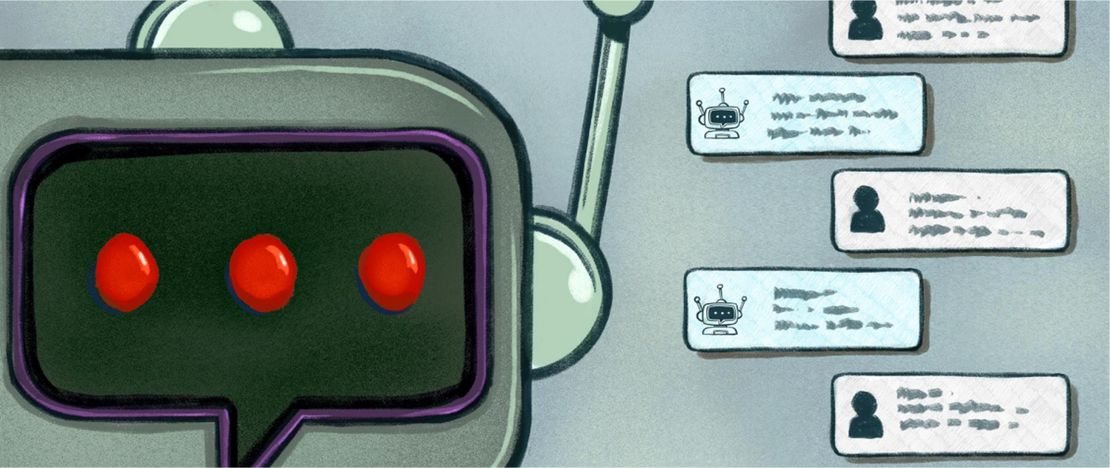
The relationship between language use and conspiracy beliefs
Table of Contents
A report on language use of those who share conspiracy beliefs online.
Project Overview
We know little about the individuals who share conspiracy beliefs online. By examining their language use, we can gain more insight into this population. We find that several language markers are associated with higher levels of conspiracy mentality, that is, a generic tendency to engage in conspiracy thinking. This has important implications for countering the impact of conspiracy theories and preventing support for election violence, a pathway we examine in a separate report.
We find that several language markers are associated with higher levels of conspiracy mentality, that is, a generic tendency to engage in conspiracy thinking.
Full Report
Follow link below for the paper. Questions? Contact the authors.
Full PaperRelated Posts

Homegrown: U.S. federal cases against ISIS
- Seamus Hughes , Callie Vitro , Camden Carmichael , Mackenzie Harms , Austin Doctor ,
- Isis, Courts, Hgve
The current state of U.S. federal cases against ISIS
Read More
How chatbot communication styles impact citizen reports to police: Testing procedural justice and overaccommodation approaches in a survey experiment
Understanding how chatbot communication styles impact SAR.
Read More
Older and wiser: How terrorist leaders’ tenure influences tactical decisions
Understanding the impact of leader tenure and role on group operations.
Read More